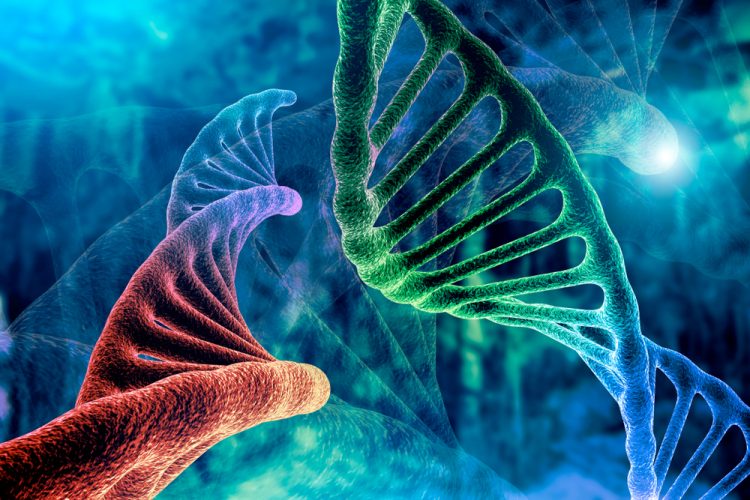FDA joins Bespoke Gene Therapy Consortium (BGTC) for rare diseases
Posted: 28 October 2021 | Anna Begley (European Pharmaceutical Review) | No comments yet
The consortium also consists of 10 pharmaceutical companies and five organisations to accelerate gene therapies to treat rare diseases.


The US Food and Drug Administration (FDA), the National Institutes of Health (NIH), 10 pharmaceutical companies and five non-profit organisations have partnered to accelerate development of gene therapies for rare diseases.
While there are approximately 7,000 rare diseases, only two heritable diseases currently have FDA-approved gene therapies. The newly launched Bespoke Gene Therapy Consortium (BGTC), part of the NIH Accelerating Medicines Partnership (AMP) programme and project-managed by the Foundation for the National Institutes of Health (FNIH), aims to optimise and streamline the gene therapy development process to help fill the unmet medical needs of people with rare diseases.
A primary aim of BGTC is to improve understanding of the basic biology of a common gene delivery vector known as the adeno-associated virus (AAV). BGTC researchers will examine the biological and mechanistic steps involved in AAV vector production, vector delivery of genes into human cells and how therapeutic genes are activated in target cells. These results will provide important information for improving the efficiency of vector manufacturing and enhancing the overall therapeutic benefit of AAV gene therapy.
To improve and accelerate gene and vector manufacturing and production processes, the BGTC program will develop a standard set of analytic tests to apply to the manufacture of viral vectors made by consortium researchers. Such tests could be broadly applicable to different manufacturing methods and make the process of developing gene therapies for very rare conditions much more efficient.
A clinical component of BGTC-funded research will support between four and six clinical trials, each focused on a different rare disease that have no gene therapies or commercial programmes in development and that already have substantial groundwork in place to rapidly initiate pre-clinical and clinical studies. The trials will employ different types of AAV vectors that have been used before in clinical trials and the BGTC will aim to shorten the path from studies in animal models of disease to human clinical trials.
The BGTC also will explore methods to streamline regulatory requirements and processes for the FDA approval of safe and effective gene therapies, including developing standardised approaches to preclinical testing, such as toxicology studies.
NIH and private partners will contribute approximately $76 million over five years to support BGTC-funded projects. This includes about $39.5 million from the participating NIH institutes and centers, pending availability of funds. NCATS, which developed the related Platform Vector Gene Therapy programme and is the NIH lead institute for BGTC, expects to contribute approximately $8 million over five years.
“Most rare diseases are caused by a defect in a single gene that could potentially be targeted with a customised or ‘bespoke’ therapy that corrects or replaces the defective gene,” said NIH Director Francis Collins. “There are now significant opportunities to improve the complex development process for gene therapies that would accelerate scientific progress and, most importantly, provide benefit to patients by increasing the number of effective gene therapies.”
Pharmaceutical partners include Biogen, Janssen, Novartis, Pfizer, Takeda, Spark Therapeutics, Taysha Gene Therapies, Ultragenyx Pharmaceutical, and Thermo Fisher Scientific.
Related topics
Big Pharma, Drug Development, Funding, Gene therapy, Genomics, Research & Development (R&D), Therapeutics
Related organisations
Biogen, Janssen, National Institutes of Health (NIH), Novartis, Pfizer, Spark Therapeutics, Takeda, Taysha Gene Therapies, Thermo Fisher Scientific, Ultragenyx Pharmaceutical Inc, US Food and Drug Administration (FDA)









